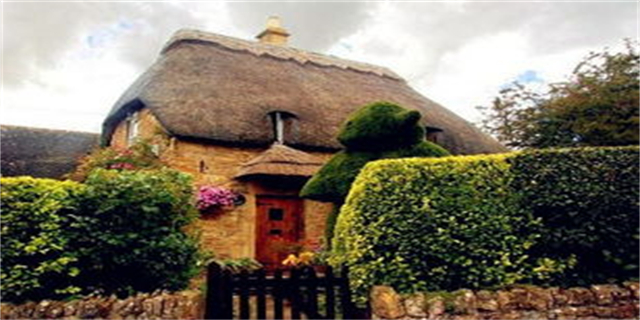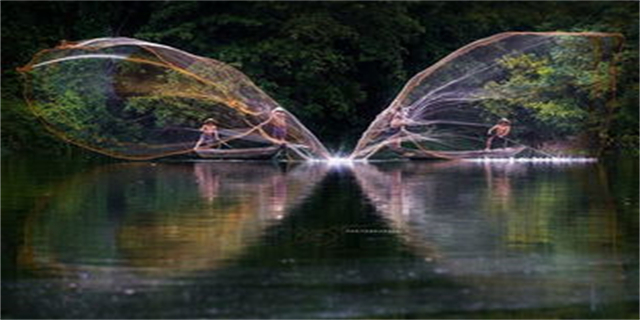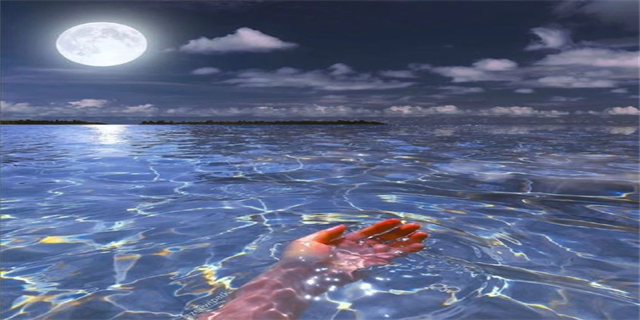europeans(The Influence of Europeans on European Culture)

The Influence of Europeans on European Culture
Introduction
Europe, a continent renowned for its rich history and diverse cultures, has greatly shaped the world we live in today. Throughout history, Europeans have had a profound influence on the development of European culture. This article aims to explore the various aspects of this influence and shed light on the significant contributions made by Europeans to the cultural heritage of the continent.
The Renaissance and the Birth of Humanism

The Renaissance, which emerged in Europe during the 14th to 17th centuries, marked a transformative period in European culture. It was characterized by a renewed interest in the arts, sciences, and human achievement. The European Renaissance was a pivotal moment in history that saw a shift from the medieval worldview to a more rational and human-centered perspective. This period saw the rise of prominent European artists, writers, and thinkers such as Leonardo da Vinci, Michelangelo, and Shakespeare. Their works and ideas continue to be celebrated and appreciated to this day, shaping the cultural landscape of Europe.
The Enlightenment and the Age of Reason

The Enlightenment, also known as the Age of Reason, was a cultural and intellectual movement that swept across Europe during the 17th and 18th centuries. It emphasized reason, science, and individual liberty, challenging traditional beliefs and societal norms. Key European philosophers such as John Locke, Voltaire, and Rousseau played influential roles in shaping the ideas of the Enlightenment. Their writings on democracy, human rights, and the separation of powers laid the foundation for modern political and social structures, which continue to shape European societies today.
The Industrial Revolution and Its Transformative Impact

The Industrial Revolution, which originated in Europe during the late 18th century, brought about dramatic changes in the economic and social spheres. It led to the shift from agrarian-based economies to industrialized societies, with advancements in manufacturing, transportation, and technology. European innovators and engineers such as James Watt, Isaac Newton, and Thomas Edison were at the forefront of these developments, revolutionizing industries and transforming the way people lived and worked. The Industrial Revolution not only reshaped Europe's economic landscape but also had a profound cultural impact, influencing art, literature, and societal values.
Conclusion
The influence of Europeans on European culture cannot be overstated. The Renaissance, the Enlightenment, and the Industrial Revolution were pivotal moments in history that shaped the continent's heritage in significant ways. From the birth of humanism to the pursuit of reason and scientific progress, European thinkers, artists, and innovators have left an indelible mark on the cultural fabric of Europe. Their contributions continue to be celebrated and appreciated, making Europe a vibrant and diverse hub of art, science, philosophy, and innovation.











